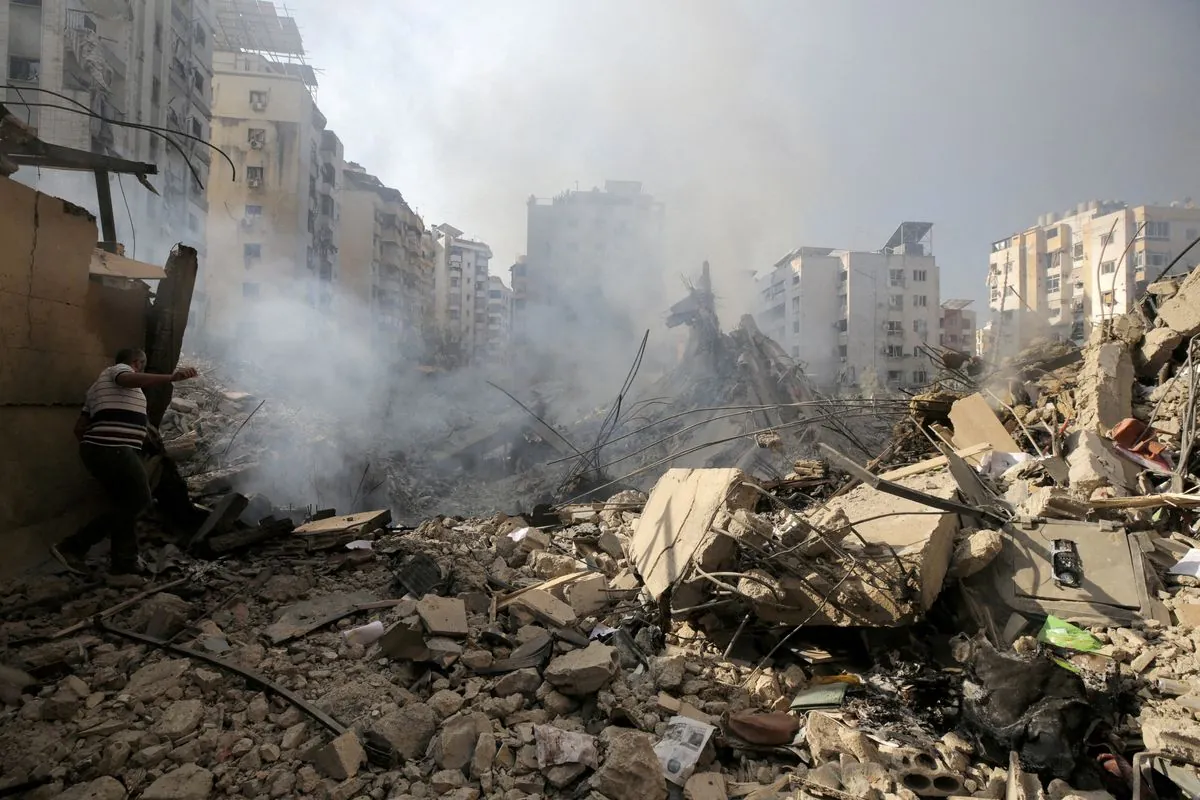In recent weeks, Israel's military operations have targeted Iran's armed allies across a vast expanse of the Middle East, potentially altering the region's power dynamics. These actions have ignited a debate about the role of the United States in supporting its ally and the potential consequences for regional stability.
The current situation draws parallels to the aftermath of the 2003 U.S. invasion of Iraq, which inadvertently led to two decades of Iranian ascendancy in the region. This historical context is crucial in understanding the potential ramifications of Israel's current military campaign.
Israel's recent military successes against Hezbollah in Lebanon, the Houthis in Yemen, and Hamas in Gaza have been significant. These groups, part of the "Axis of Resistance" alliance with Iran, have faced substantial setbacks. The alliance, formed after the 2003 Iraq invasion, has been a major force in shaping regional politics for nearly two decades.
"Israel should get all the support it needs from the United States until Iran's government follows other dictatorships of the past into the dustbin of history."
However, critics caution against celebrating these tactical victories without considering the long-term consequences. They argue that military action without addressing underlying grievances could lead to perpetual conflict and further destabilization.
The situation has also reignited discussions about Iran's nuclear program. Prior to the recent escalation, Iranian leaders had expressed interest in returning to negotiations with the U.S. regarding their nuclear activities. The current tensions may complicate these diplomatic efforts.
The expansion of Israeli strikes has sidelined ongoing mediation efforts for a ceasefire in Gaza. While the U.S. continues to support Israel's right to self-defense, it also emphasizes the need for a peaceful resolution to the conflict.
The current situation bears similarities to the lead-up to the 2003 Iraq invasion, where warnings about potential unintended consequences were largely ignored. The removal of Saddam Hussein as a counterbalance to Iranian influence had far-reaching effects on regional dynamics.
As the conflict unfolds, the international community watches closely, aware that the outcomes of these military actions could reshape the Middle East's strategic landscape for years to come. The direction and nature of these changes remain uncertain, highlighting the complexity of the region's geopolitics.
